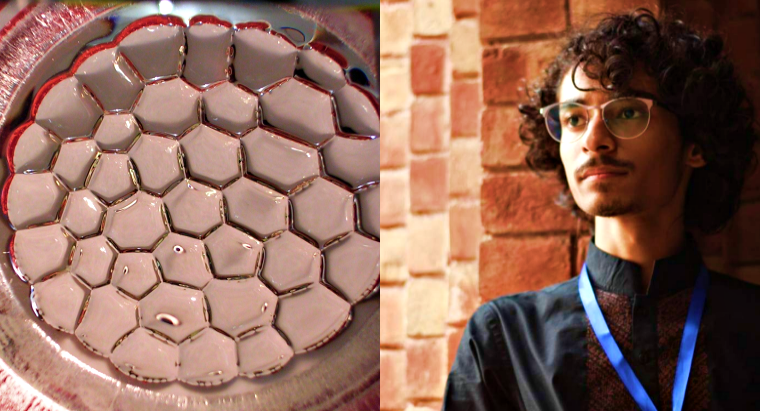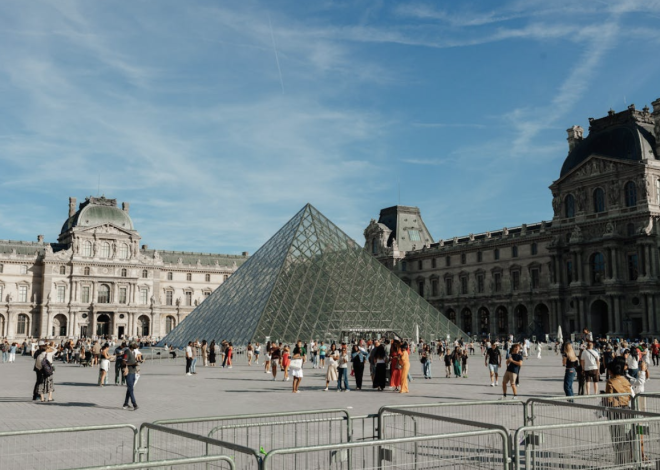
Electric Honeycomb visualized by 17-year old Pakistani boy garners international attention
Muhammad Shaheer Niazi is one of the very first Pakistanis to take part in the International Young Physicists’ Tournament. The 17-year-old replicated at provided a visualization of an electric honeycomb as reported by the NYT on Thursday. This phenomenon has been known to physicists for decades, and its visualization can help engineers develop technology for printing, heating and even generating bio-medicine.
Niazi provided a photographic evidence of charged ions creating the honeycomb, explaining that this is what happens when natural forces work to keep an electrical charge moving in an interrupted circuit. The study of Niazi’s findings was published in Royal Society Open Science, a journal that is known for publishing research in the fields of Mathematics, Engineering, and Science.
Praising Niazi’s work, Dr. Alberto T. Perez Izquierdo, a physicist at the University of Seville in Spain said that it is outstanding for a scientist to reproduce such amazing results at such a young age. The main inspiration behind Niazi’s project was Dr. Izquierdo’s 1997 work on the same topic.
After returning from the International Young Physicists Tournament in Russia, Shaheer decided to get his study published after getting encouraged by her mother to do so. After working a long time over his project, he came up with a subject worth being noticed and published. To get published one must add something new to the existing knowledge, and fortunately, after his intense study throughout the project, Niazi was able to introduce two new factors to the existing model of electric honeycomb phenomenon.
Shaheer was first published in the Royal Society Open Science journal at the age of 16. Even Newton was published in the same journal at the age of 17. After receiving an email from the New York Times journalist referring to him as “Dr. Niazi”, he replied that he isn’t sure that he can be called a ‘Doctor’ as he is just a 17-year-old student and nobody knew that he was a brilliant mind at such a young age.
Shaheer is aiming to bag the prestigious Nobel Prize for Pakistan and is looking forward to continuing his work in top Universities like Massachusetts Institute of Technology (MIT). Projecting his concern towards the lack of quality education in the country, Shaheer feels that students passionate about the study should take help from the internet to supplement their learning. He also said that he used to take online courses from a very young age and those helped him a lot.

